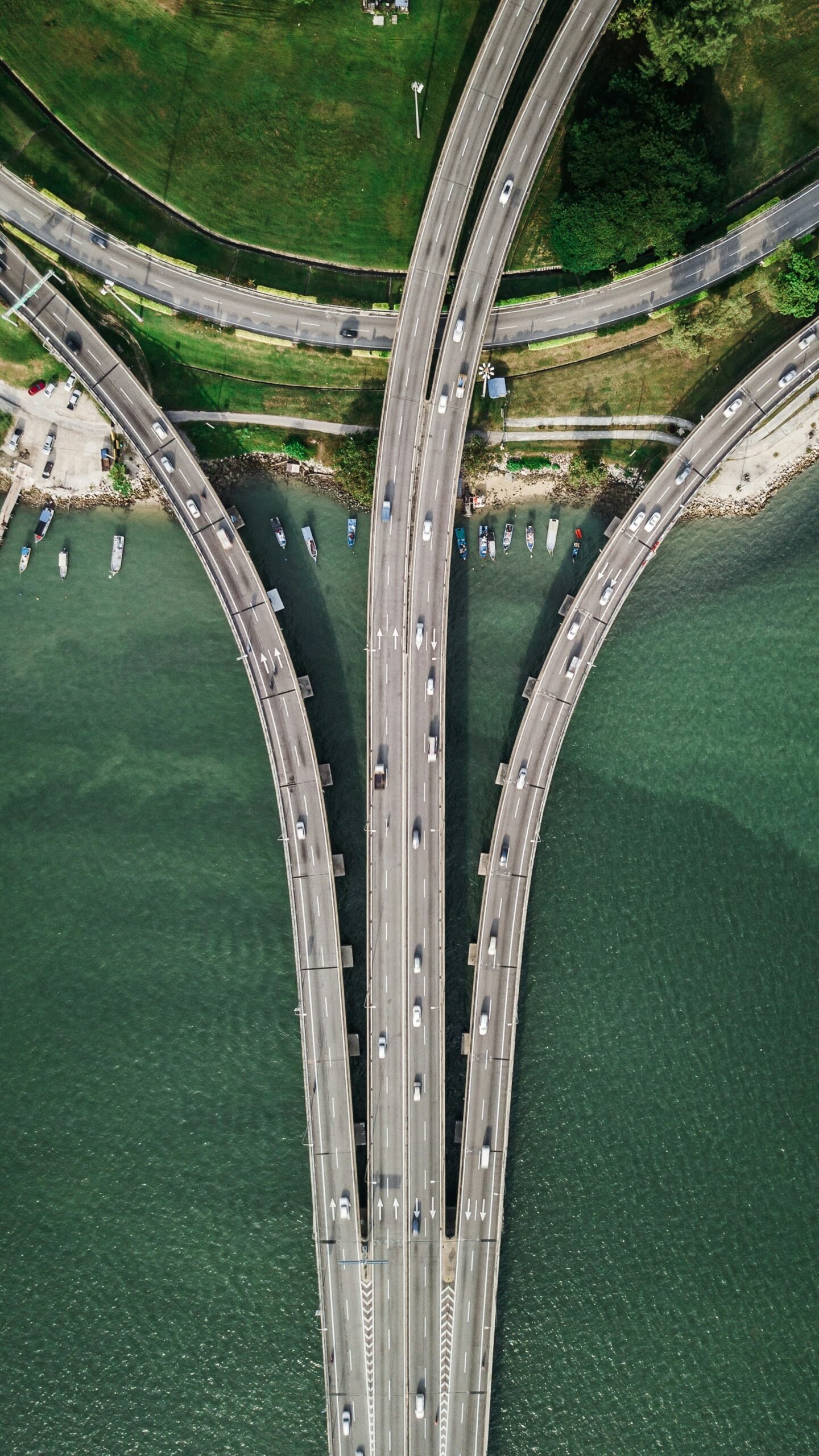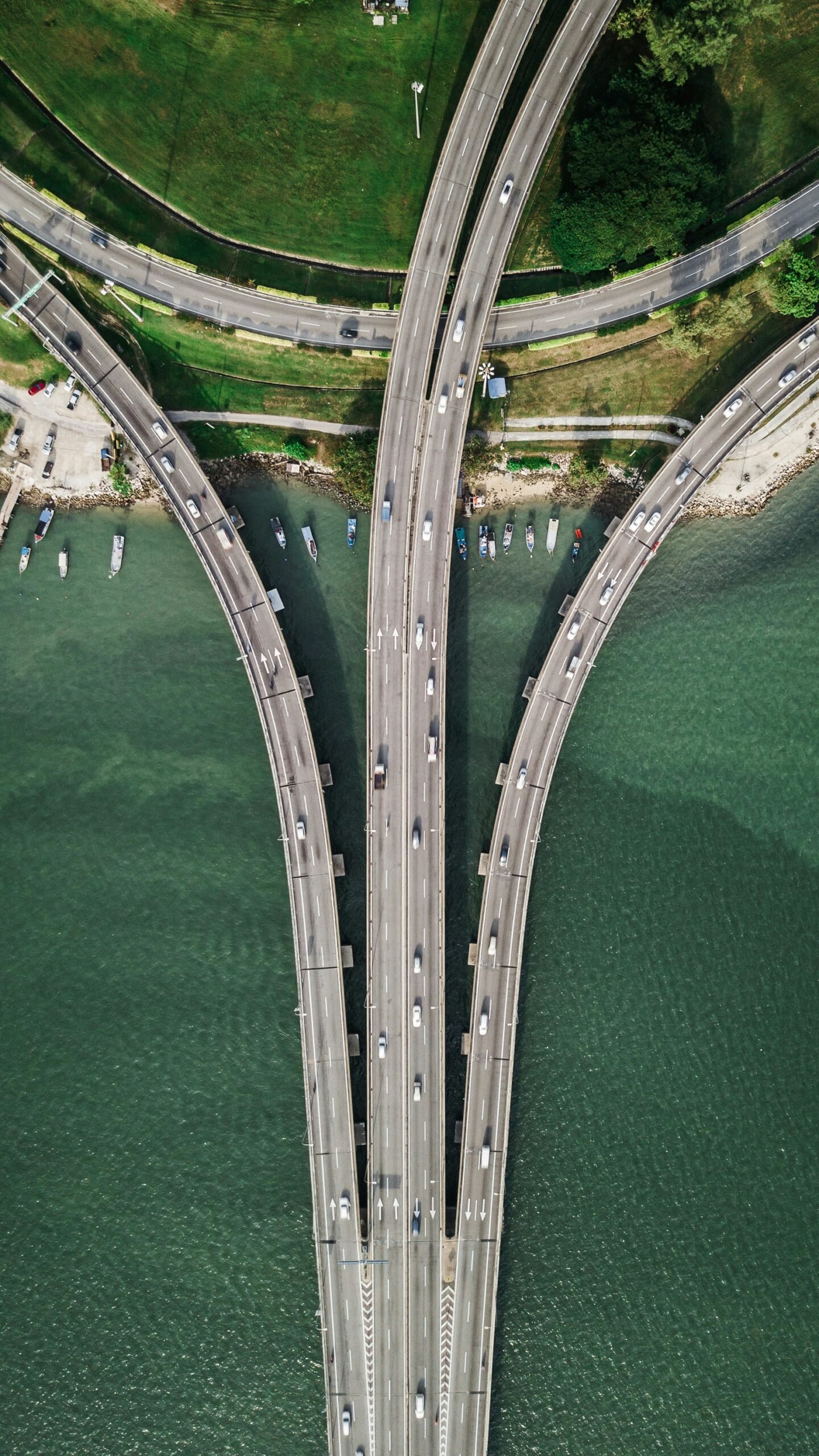
Introduction
Transportation plays a vital role in our daily lives, allowing us to travel from one place to another with ease and convenience. It encompasses various modes, including cars, trains, buses, airplanes, and even bicycles. In this blog post, we will delve into the world of transportation, exploring its significance, challenges, and future prospects. Through insightful discussions and analysis, we aim to provide a comprehensive exploration of transportation.
Transportation is not just about getting from point A to point B; it is an essential component of our society and economy. It facilitates the movement of goods, connects people to job opportunities, and enables the exchange of ideas and cultures. Without transportation, our modern way of life would not be possible.
However, transportation also presents numerous challenges that need to be addressed. One of the most pressing issues is the impact of transportation on the environment. The burning of fossil fuels by vehicles contributes to air pollution and greenhouse gas emissions, leading to climate change and other environmental concerns. As we explore transportation, we will also examine the efforts being made to mitigate these negative effects and promote sustainable transportation solutions.
Another challenge is the issue of congestion in urban areas. As more and more people rely on cars for their daily commute, cities are facing increased traffic congestion, resulting in longer travel times, decreased productivity, and decreased quality of life. We will discuss the various strategies being implemented to alleviate congestion, such as the development of public transportation systems, the promotion of alternative modes of transportation, and the implementation of smart traffic management technologies.
Furthermore, transportation is constantly evolving, driven by advancements in technology and changing societal needs. The future of transportation holds exciting possibilities, including the development of autonomous vehicles, the integration of renewable energy sources, and the emergence of new transportation modes such as hyperloop systems. We will explore these future prospects and discuss the potential implications they may have on our lives.
By delving into the world of transportation, we hope to provide readers with a deeper understanding of its significance, challenges, and future prospects. Whether you are a transportation enthusiast, an urban planner, or simply someone interested in the topic, this blog post aims to offer valuable insights and spark meaningful discussions.
Furthermore, transportation is vital for international trade and commerce. It enables the movement of goods and raw materials across borders, facilitating global economic integration. Without efficient transportation systems, international trade would be severely hindered, impacting the availability and affordability of goods for consumers worldwide.
In addition to its economic significance, transportation also has a profound impact on social interactions and cultural exchange. It allows individuals to travel and explore different regions and countries, fostering cultural understanding and appreciation. Through transportation, people can visit historical landmarks, experience diverse cuisines, and engage with people from different backgrounds, enriching their lives and broadening their perspectives.
Moreover, transportation plays a crucial role in emergency response and disaster management. During times of crisis, such as natural disasters or medical emergencies, transportation systems are essential for the timely delivery of aid and medical supplies. They enable the evacuation of affected populations and the mobilization of resources to the affected areas, saving lives and mitigating the impact of disasters.
Additionally, transportation is a significant contributor to environmental sustainability. As the world becomes increasingly aware of the need to reduce carbon emissions and combat climate change, the development of sustainable transportation systems has gained importance. The promotion of public transportation, electric vehicles, and the use of alternative fuels are some of the measures being taken to reduce the environmental impact of transportation.
In conclusion, transportation is not just a means of moving people and goods from one place to another. It is a fundamental pillar of modern society that drives economic growth, facilitates social interactions, enables international trade, and plays a crucial role in emergency response and environmental sustainability. Without efficient and well-connected transportation systems, the world as we know it would be drastically different, with far-reaching implications for various aspects of our lives.
Challenges in Transportation
While transportation offers numerous advantages, it also faces significant challenges. One of the most pressing issues is traffic congestion. As urban areas continue to grow, the number of vehicles on the road increases, leading to congestion and longer commute times. This not only wastes valuable time but also contributes to air pollution and carbon emissions.
Another challenge is the need for sustainable transportation solutions. With the increasing concerns over climate change and environmental degradation, there is a growing demand for eco-friendly modes of transportation. This includes promoting public transportation, encouraging cycling and walking, and investing in electric vehicles.
Furthermore, transportation infrastructure requires constant maintenance and improvement. Aging roads, bridges, and railways pose safety risks and can lead to disruptions in the transportation network. Adequate investment in infrastructure development is crucial to ensure the efficiency and reliability of transportation systems.
In addition to these challenges, there is also the issue of accessibility. Many regions, particularly rural areas, lack proper transportation infrastructure, making it difficult for people to access essential services and opportunities. This can lead to social and economic disparities, as individuals in these areas are unable to fully participate in education, employment, and healthcare systems.
Moreover, the rapid advancement of technology presents both opportunities and challenges for transportation. On one hand, innovations such as autonomous vehicles and ride-sharing platforms have the potential to revolutionize the way we travel, making it more efficient and convenient. However, these advancements also raise concerns about privacy, cybersecurity, and the impact on employment in the transportation sector.
Another significant challenge is the integration of different modes of transportation. To create a seamless and efficient transportation system, it is essential to have effective intermodal connections between various modes such as trains, buses, bicycles, and pedestrian pathways. This requires coordination and collaboration among different stakeholders, including government agencies, transportation providers, and urban planners.
Lastly, transportation planning and policy-making must take into account the diverse needs and preferences of different communities. For instance, urban areas may require different transportation solutions compared to rural areas or areas with a high population density. It is crucial to consider factors such as demographics, land use patterns, and cultural preferences to ensure that transportation systems are equitable and inclusive.
In conclusion, while transportation offers numerous benefits, it also faces several challenges that need to be addressed. These include traffic congestion, the need for sustainable transportation solutions, infrastructure maintenance and improvement, accessibility issues, technological advancements, integration of different modes of transportation, and the consideration of diverse community needs. By addressing these challenges, we can create a transportation system that is efficient, sustainable, and inclusive for all.
Looking ahead, the future of transportation also includes the development of hyperloop technology. Hyperloop is a high-speed transportation system that uses low-pressure tubes to propel pods at incredible speeds. This concept, proposed by Elon Musk, has the potential to revolutionize long-distance travel, with the ability to transport passengers and cargo at speeds of up to 700 mph.
Moreover, the future of transportation is not limited to land-based vehicles. The aviation industry is also undergoing significant changes. Electric aircraft, powered by advanced battery technology, are being developed to reduce emissions and noise pollution. These electric planes have the potential to transform short-haul flights, making them more sustainable and environmentally friendly.
Another exciting development in transportation is the exploration of space travel. Companies like SpaceX and Blue Origin are working towards making space tourism a reality. With the advancements in rocket technology and the decreasing costs of space travel, it is becoming increasingly feasible for individuals to venture beyond Earth’s atmosphere and experience the wonders of space.
Additionally, the future of transportation includes the integration of renewable energy sources. Electric vehicles are becoming more prevalent, and advancements in battery technology are increasing their range and charging capabilities. Furthermore, solar-powered charging stations and infrastructure are being developed to support the growing number of electric vehicles on the road.
As technology continues to advance, the future of transportation holds endless possibilities. From autonomous vehicles and smart transportation systems to hyperloop technology and space travel, the way we move from one place to another is on the brink of transformation. These advancements not only promise to make transportation more efficient and sustainable but also have the potential to reshape our cities and redefine our relationship with travel.




